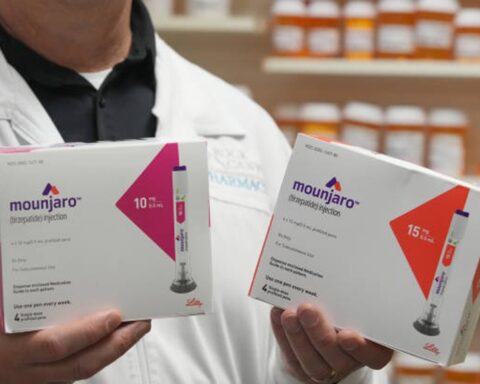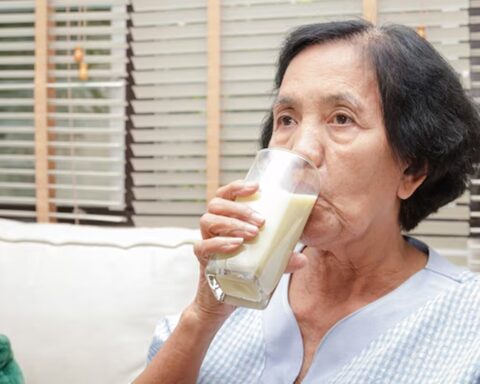Eating five servings of dark chocolate a week could cut risk of Type 2 diabetes, according to a long-term US study published by The BMJ today.
The Lancet journal has found that 828 million adults around the world live with type 2 diabetes. There are more than 101 million people with type 2 diabetes in India, according to the study.
People who ate at least five servings a week of any type of chocolate – where one serving is equal to a standard chocolate bar or 1 oz – had a 10% lower rate of type 2 diabetes compared with those who rarely or never ate chocolate, according to almost 200,000 participants over an average monitoring period of 25 years.
A secondary study of 111,654 participants showed people who ate at least five servings a week of dark chocolate had a 21% lower risk of type 2 diabetes. No lower risk was identified here for milk chocolate. The study showed a 3% reduced risk of type 2 diabetes for each extra weekly serving of dark chocolate. However the findings, published by The BMJ, showed increased consumption of milk, but not dark, chocolate was associated with long term weight gain.
Chocolate contains high levels of flavanols which is a natural compound found in fruits and vegetables and has been shown to boost heart health.
“Increased consumption of dark, but not milk, chocolate was associated with lower risk of type 2 diabetes. Increased consumption of milk, but not dark, chocolate was associated with long term weight gain. Further randomised controlled trials are now needed to replicate these findings and further explore the mechanisms,” revealed research author Qi Sun, of the Harvard T.H. Chan School of Public Health in Boston, US.
They key ingredient in chocolate is actually very healthy but when consumed as milk chocolate bars it has usually been heavily processed and combined with a host of unhealthy additives, sugar and fats.
As dark chocolate has a much higher cocoa content this means that bioactive compounds in cocoa, and in dark chocolate, such as flavanols, may contribute to the lowering of diabetes risk, possibly by increasing insulin sensitivity. However, if and how flavanols on their own reduce diabetes risk remains to be established. The authors found that milk chocolate consumption was associated with weight gain, whereas dark chocolate intake was not. Weight gain is an important risk factor for type 2 diabetes development.
The authors acknowledge that the observational nature of this study prevents firm conclusions from being drawn about causality and, although they took account of lifestyle and dietary factors linked to type 2 diabetes, other unknown factors may have affected the results. Most participants were non-Hispanic older white adults, so the findings may not apply to other groups, they add.
However, they point out that results remained largely unchanged after adjusting for additional factors, suggesting that they are robust.
As such, they conclude: “Increased consumption of dark, but not milk, chocolate was associated with lower risk of type 2 diabetes. Increased consumption of milk, but not dark, chocolate was associated with long term weight gain. Further randomized controlled trials are needed to replicate these findings and further explore the mechanisms.”





